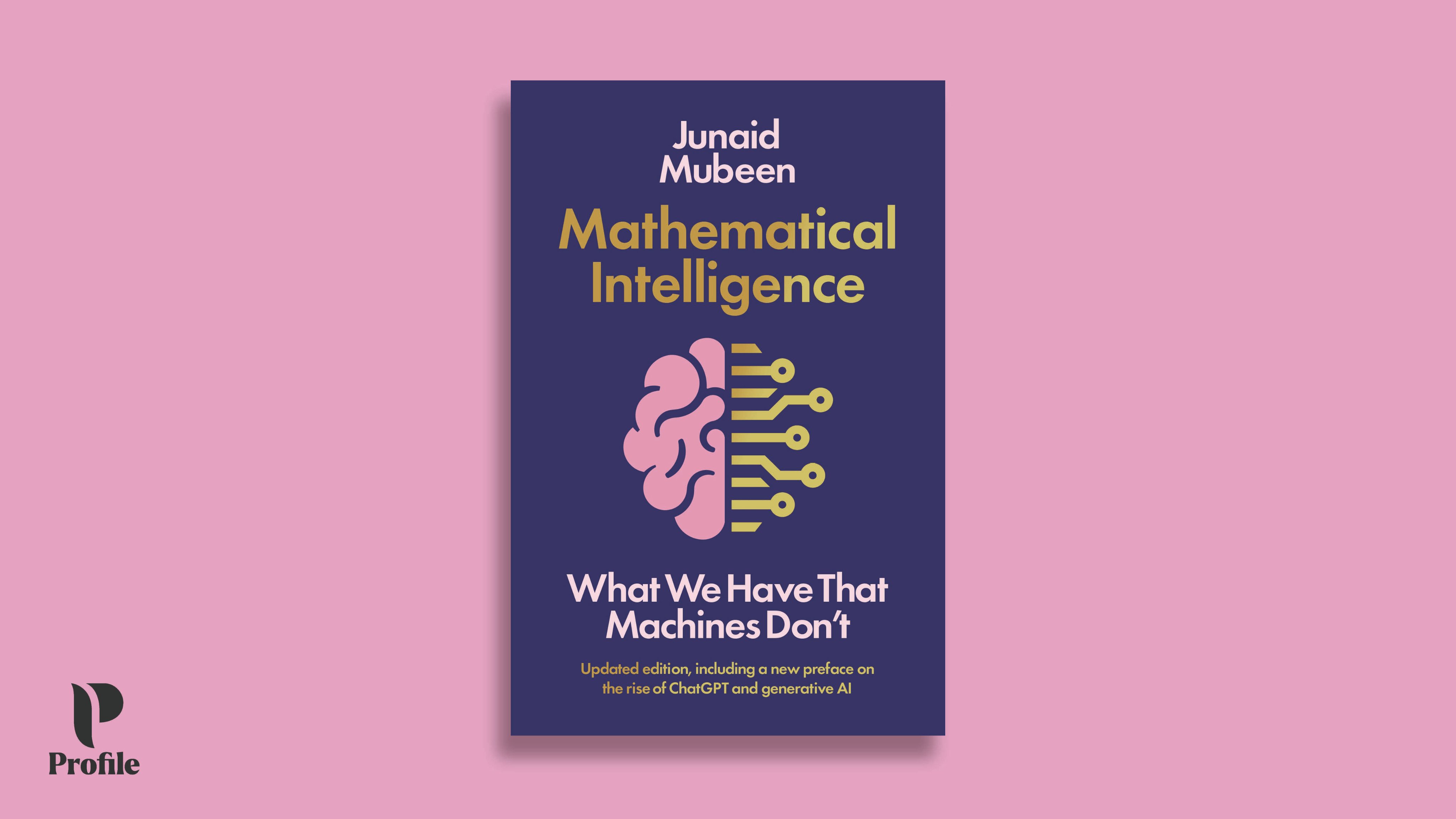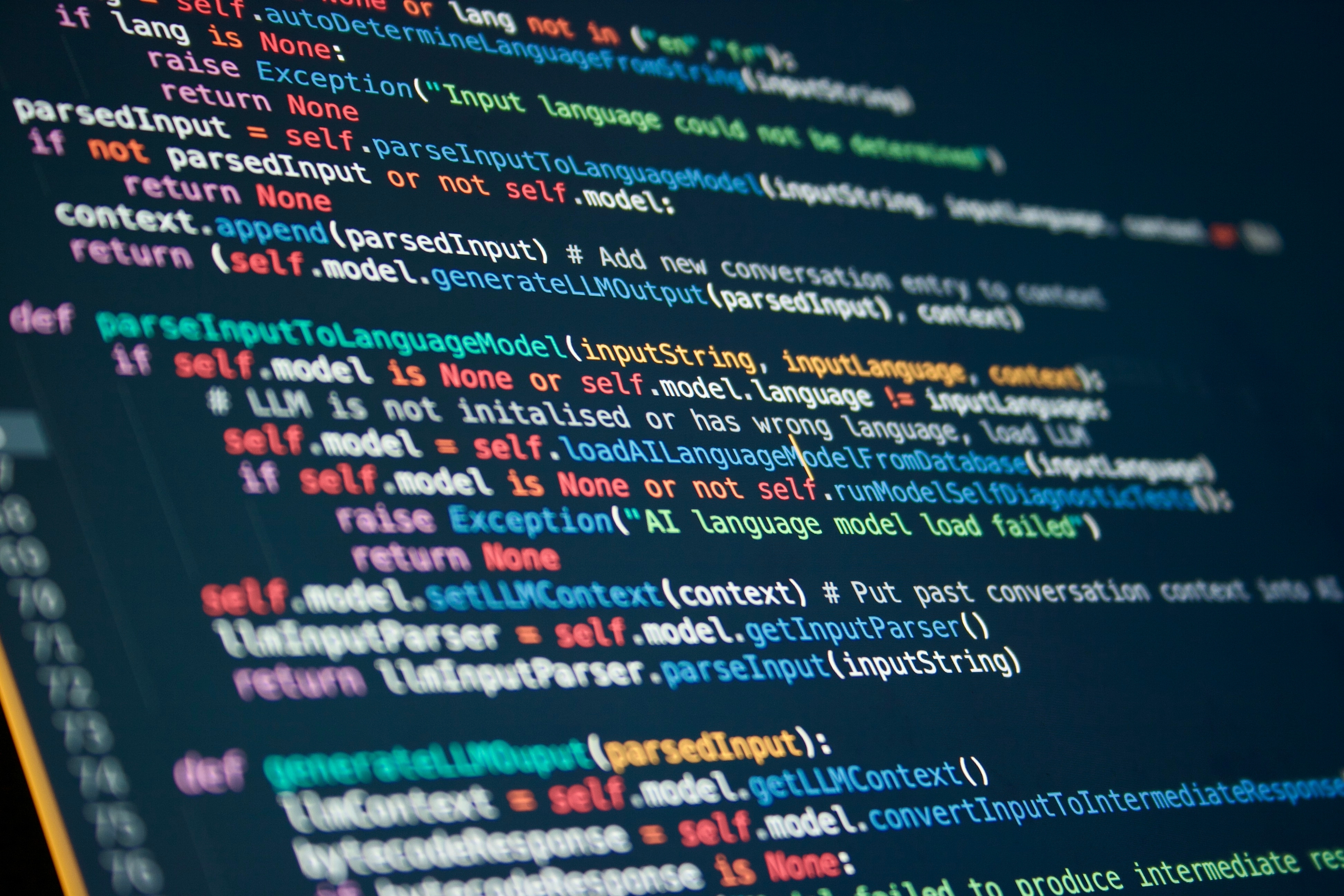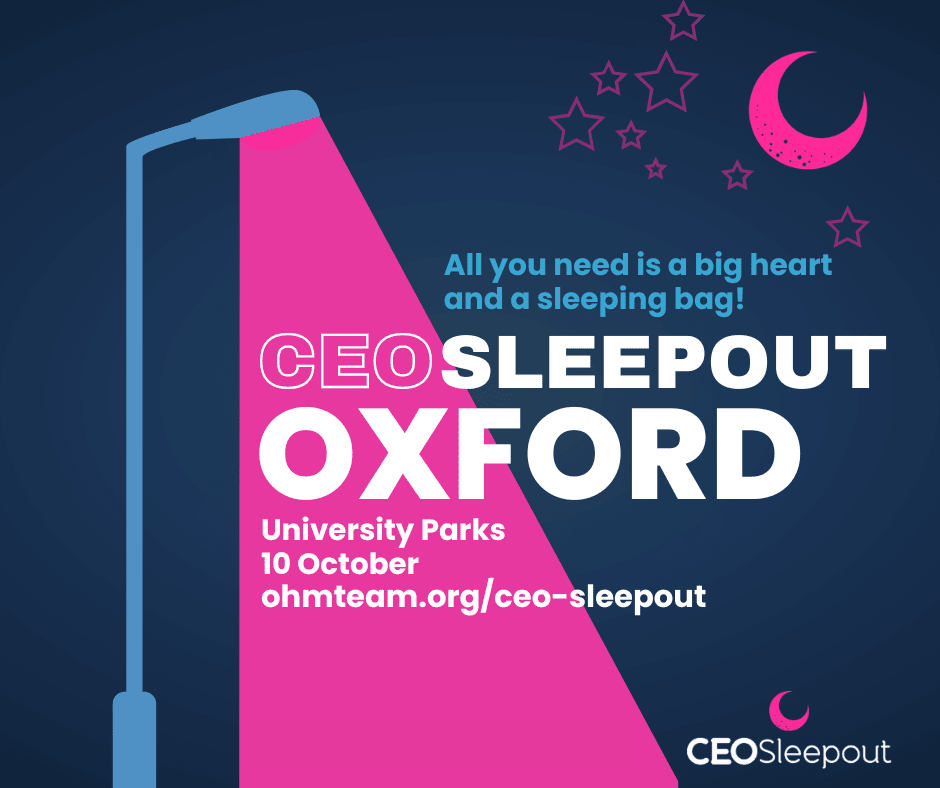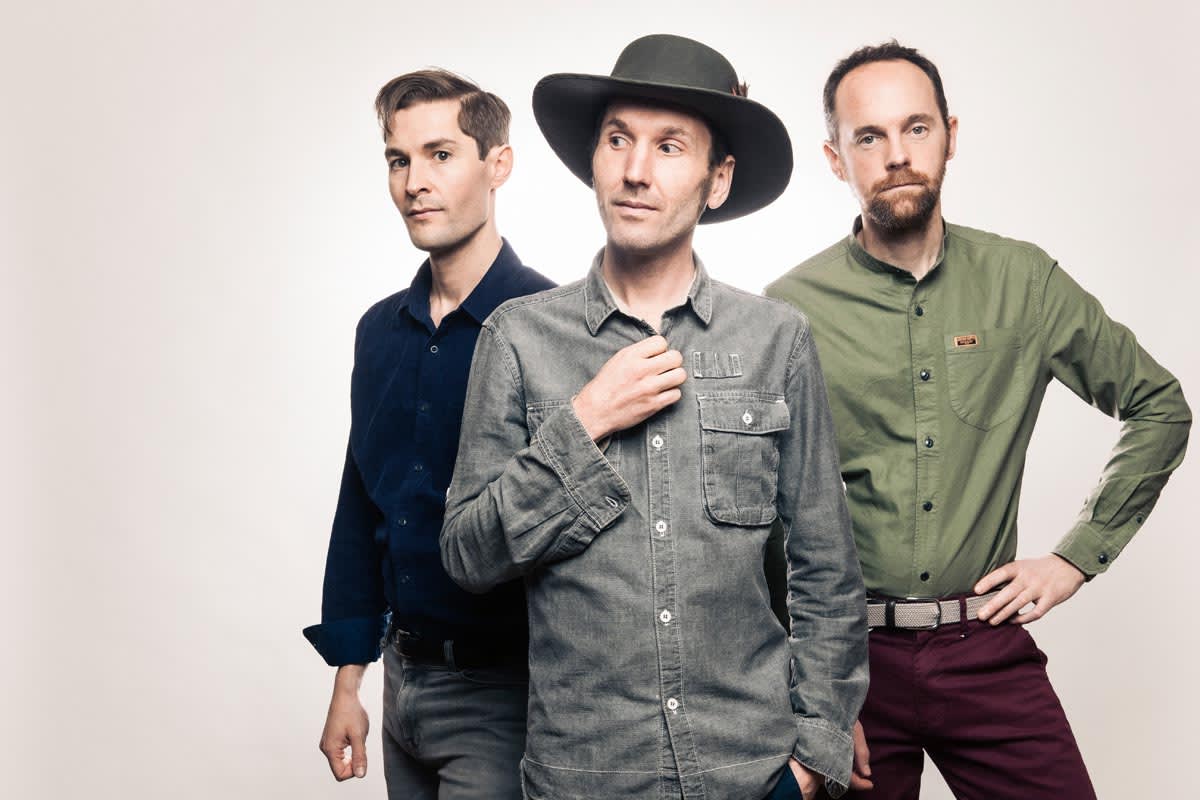With the advent of ChatGPT and generative AI, the question of how humans retain our creative edge feels more pertinent than ever. Esther Lafferty talks to Oxford-Harvard mathematician Junaid Mubeen, a Countdown Champion, TED speaker and author.
Interested in the nexus of mathematics, education and innovation, Mubeen explains AI and GPT3, highlighting both the growing power of these technologies, of which new models emerge almost every week, and the mathematical strengths that humans have over computers.
“In November 2022, the release of ChatGPT was a watershed moment in AI,” says Mubeen. Within two months, it had more than 100 million users, far outstripping the growth of social media platforms. Suddenly we all had AI capabilities at our fingertips that, until two years ago, we had thought several years away.
In a nutshell, he explains; back in 2017 a research team at Google figured out how to train algorithms on gigantic data sets and got them to predict the next word of a text sentence in a manner that captures some degree of semantic accuracy. Since then, a number of so-called ‘large language models’ have been released, each significantly more impressive than the last, and it was ChatGPT that captured the public’s imagination.
“We’ve crossed a rubicon,” says Mubeen. “AI can write essays or poems on a par with, or better than, most people. It can generate images and even solve maths problems that would confound an undergraduate maths student. Most of all, it can hold a coherent human-like conversation. It’s unnerving to see AI matching people’s skills in this way and we need to face up to the fact that computers seem very competent across a whole range of domains.

However, whilst AI can be devastatingly effective, few people have stopped to consider AI’s constraints and fallibilities. Most notable is the tendency of these systems to make things up [Mubeen avoids the term ‘hallucinate’ because it plays to the anthropomorphising of AI.] It takes a human to understand their limitations, and to correct them,” he adds.
“A chatbot’s errors are very different from a person’s,” Mubeen explains. “While AI can process unfathomable amounts of data using complex models, it isn’t able to generalise in the same way as the human brain, nor reflect on the mistakes it has made. For example, whilst it might give the perfect answer to a complicated question at one moment, the very next it may come unstuck on a puzzle that any nine-year-old could answer. Or it may suddenly give wrong answers simply because a question has been asked in a slightly different way. Its behaviour, driven purely by statistical correlations in data it has been trained on, is inherently volatile. Although AI can provide useful summaries, help with idea generation, or complete a snippet of code, we can’t rely upon it to generate the small print of a legal brief or a financial report. If the devil is in the detail then it is for humans, with our truth-checking mechanisms, to probe the details of AI’s outputs robustly.
Or consider autonomous cars. If you were travelling in one, you’d want it to have been put through its paces and tested vigorously in every scenario. Yet most accidents happen in different places and unpredictable situations. We need to better understand how AI deals with novelty, and we should demand assurances that it can reliably adapt to things it hasn’t seen before, rather than memorising the things it has.
Also, because AI seems so intelligent, it can appear sentient. This, however,” says Junaid, “is a misconception. Although it gives a plausible response most of the time, AI is simply clever technology; a tool that uses statistics to predict what comes next, rather than reasoning or any kind of self-awareness.
Now, because AI is based on algorithms, you might assume it would be free of the inbuilt biases of human culture and society,” continues Mubeen, “but the idea that technology is neutral is a myth. AI models rely heavily on large data sets that are generated by people and reflect our own beliefs, and chatbots are also ‘trained’ by humans. An example, in the field of image generation, is for human content moderators, rather like those working in social media, to give feedback on AI outputs, marking them good or bad, to ‘teach’ the system not to produce toxic, traumatic or pornographic imagery. This means that it’s the human mind behind the scenes that’s deciding what is appropriate or inappropriate which can inadvertently ‘bakes’ societal misogyny, racism, or other viewpoint into the data sets. And, sadly, warfare is often a testing ground for new technologies, and AI-generated lists of suspects for assassination hit the news recently when individuals were being targeted without further human scrutiny.

Big tech firms pumping hundreds of billions of dollars into these AI imagine it will generate its own god-like intelligence to become the saving grace of humanity; giving us solutions to the world’s woes. They envisage AI curing disease, revolutionising the world and colonising the universe, turning us into intergalactic spacefarers. Yet there is scant evidence to date that large language models (which are fuelling the hype and investment in AI today) are able to discover new ideas or achieve valuable scientific breakthroughs on their own.
How we even codify the perfect world is an interesting problem, but if we can’t figure it out as humans – and we haven’t managed it yet – then we aren’t going to get there by feeding our assumptions into AI models. A machine’s bias will always reflect the bias of the people building it, so we’re creating AI in our own image,” explains Mubeen. “If we’re not perfect, then we can’t expect AI to be perfect either. Worse still, we risk amplifying the deepest prejudices in society.”
For now, Junaid suggests we remain humble and critical, and probe the reality of AI, rather than getting sucked in by the headlines. Will teachers really be redundant within a generation? Will marketers lose their jobs?

“I think it is too easy to exaggerate the capabilities of this new technology whilst undermining the value of human capital,” he says with a smile. “The tools AI offer us all are incredibly useful on a day-to-day basis and can supercharge many tasks and projects. In the short term, there’s real potential for AI to increase our quality of life in some ways. We need to remember, though, that despite the fact we can converse with AI now and might imagine their personality, AI is not your friend or a therapist. While we should be open to the idea that we may, one day, see meaningful evidence that consciousness or sentience exists in chatbots, we aren’t there yet. Believing that AI is a human-like being and that this could impact modern-day concepts of interpersonal relationships is a pernicious threat that’s far more real than the likelihood of The Terminator arriving in the neighbourhood or becoming enslaved in The Matrix.”
Junaid Mubeen, Mathematical Intelligence: What We Have that Machines Don't (Profile Books, May 2024)








